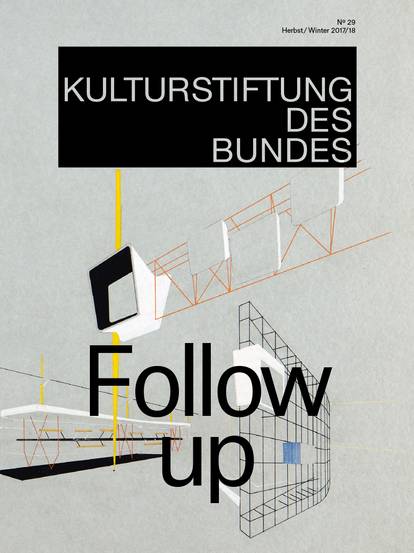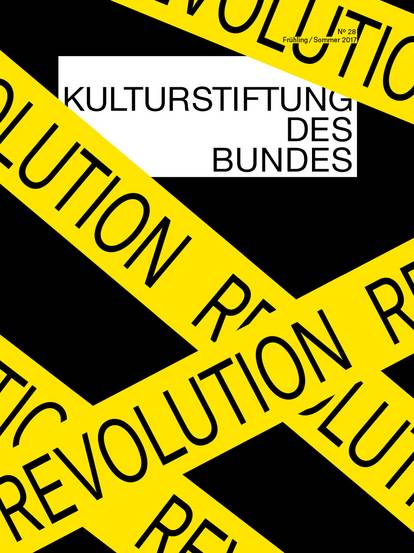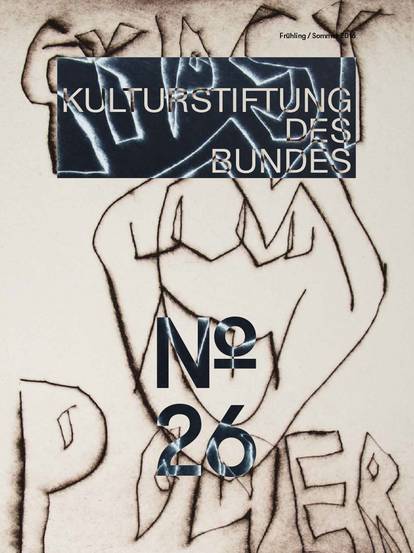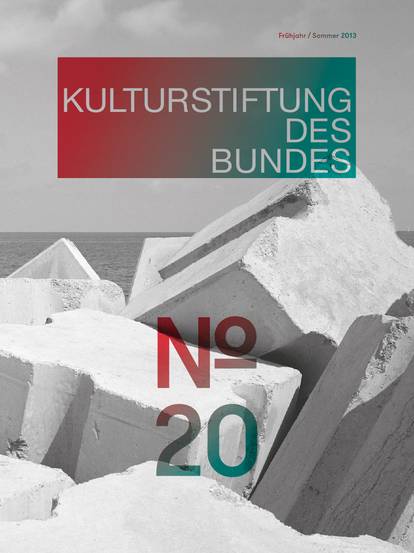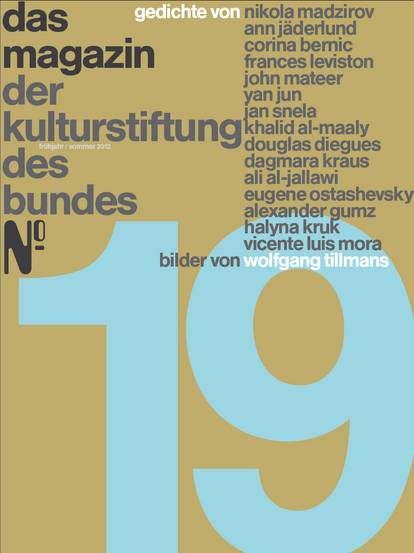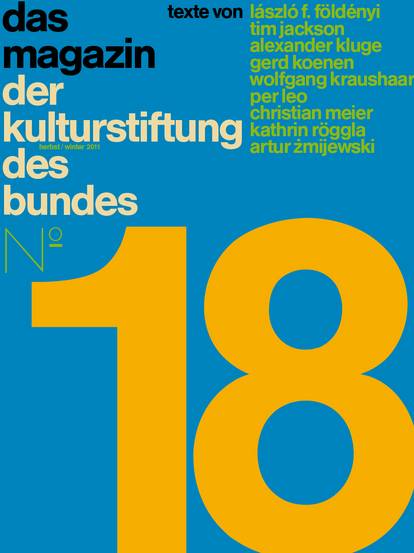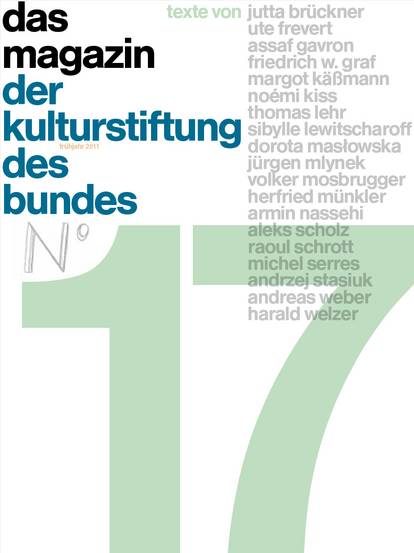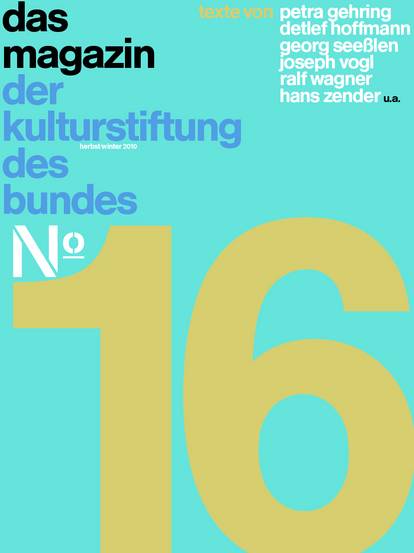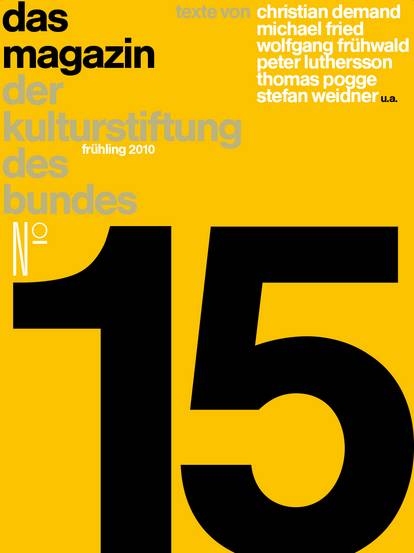We observe that many Western cultural institutions and patrons are trying to escape their own Eurocentric perspective, by “giving a voice” to artists or artistic movements, which are so far little-known in the Western art discourse. In your opinion, to what extent can this attempt succeed at all if these institutions are the "gatekeepers" (and thus influence who can be seen, heard or read)?
María Berríos: The issue is and has been for a very long time the overwhelming predominance of voices that actually believe they are entitled and have the power to “give voice to others”. Overconfident voices that assure they know the questions that need to be asked and the vocabulary that can be used to formulate the most urgent problems. The extreme version of this are those discourses that claim absolute awareness of the inherent impossibility of giving voice, by assuring that the cultural institutions they speak for are inherently Eurocentric, so there is no other option but to make minor concessions and plow on. Nevertheless unless we are dropping out or tearing down these institutions, pushing for structural change is the least we must be doing. Under no circumstances should those of us working inside, collaborating or simply interacting with these institutions be let off the hook.
This applies even more so to those of us who come from these contexts that have become temporarily appealing for these cultural institutions, we don’t need to be employed by them to enable their practices: when we make our research public, when we exhibit, write about or publish our work from and about these “little known” practices, almost always known and relevant in their own milieu, we are already providing these institutions with new cheap acquisitions and archives to be extracted. It is often in the name of supporting those contexts that their cultural production is pulled from the often precarious situations they live in to the vaults and exhibition spaces of the North. Several decades ago feminist scholars taught us that visibility is definitely not equivalent to automatic empowerment. Those who carry and tell these “little known” stories do have a role and must also be held accountable. It is fundamental to make sure those stories can continue to be told in their own contexts where they are needed and powerful.
Do the ideas of the European Enlightenment and the liberalism associated with it oppose the decolonization of the world? Is decolonization not itself a hegemonic project?
In the Cultural Congress of Havana in 1968, which was devised as an instance for third world cultural workers and intellectuals to discuss and find a common language for their common problems, a young group of Cuban revolutionaries made a large scale exhibition about colonialism and revolution they called "Of The Third World". Their idea was that all tools were valid for the dismantling of imperial colonialism and that the most pernicious colonial strategy was to make one believe that even your most intimate ideas were not really yours. That your weapons and convictions were not really yours. Colonialism is not only a history but a very contemporary mentality of continuous dispossession. It will always claim ownership, particularly of those who attempt to dismantle it.
What role does cultural identity and culture play in the emancipation movements from colonial power systems?
The struggle against colonialism, in its multiple contemporary forms, is culture. The fight against the racist regimes of patriarchal capitalism and its police is a very strong and powerful culture, as can be seen in uprisings in many places of “little-known histories”. Culture and art are worldly matters, and their power comes from their attentiveness to the world around them.
Could solidarity among members of different cultures promote global cohesion? What, in your opinion, would be the most likely source of solidarity in the future?
I don't know what the sources of the future may be, but the solidarity that I see now, that I find valuable and beautiful is a solidarity of fragilities. Etymologically solidarity means to become whole, to become solid. But what happens when we are not feeling so strong, when many feel they can barely hold themselves up. So for me a solidarity that matters today is not the notion of becoming strong together, but a kind of emancipatory solidarity of vulnerabilities. An army of soft bodies, held together through their struggle.
The questions were asked by Friederike Tappe-Hornbostel and Anja Piske.

![[Translate to English:] Magazine 38](/fileadmin/_processed_/f/1/csm_Magazin38_Cover-Vorschau_921x1230_689f428dc3.jpg)
![[Translate to English:] Magazine 37](/fileadmin/_processed_/b/c/csm_Mag37_Cover-Vorschau_921x1230_b5129fdb2a.jpg)
![[Translate to English:] Magazine 36](/fileadmin/_processed_/2/a/csm_Cover_Magazin36__issuu_2f3cef97bb.jpg)
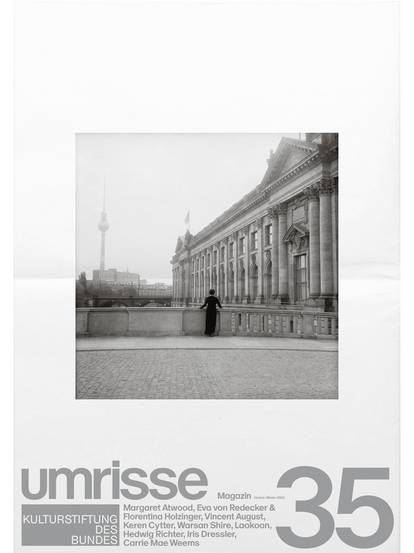
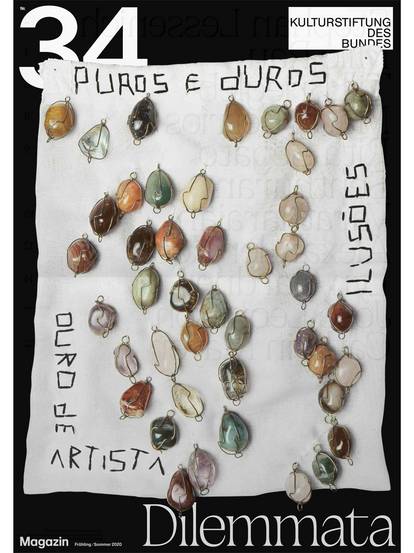

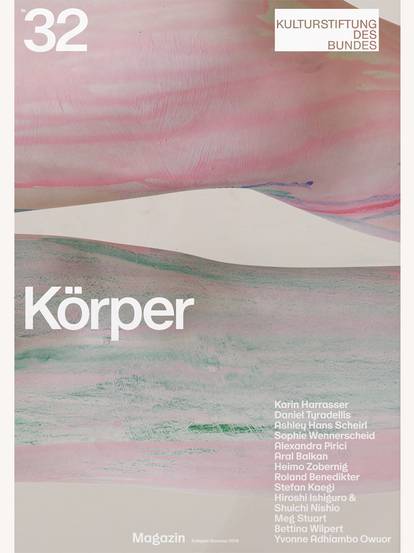
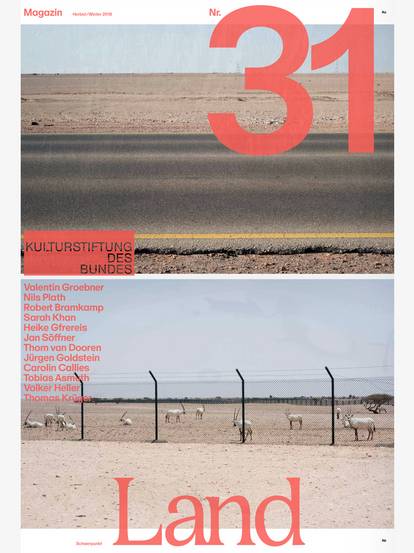
![[Translate to English:] Magazine 30](/fileadmin/_processed_/c/b/csm_magazin30_vorschau_9005f773d3.jpg)
